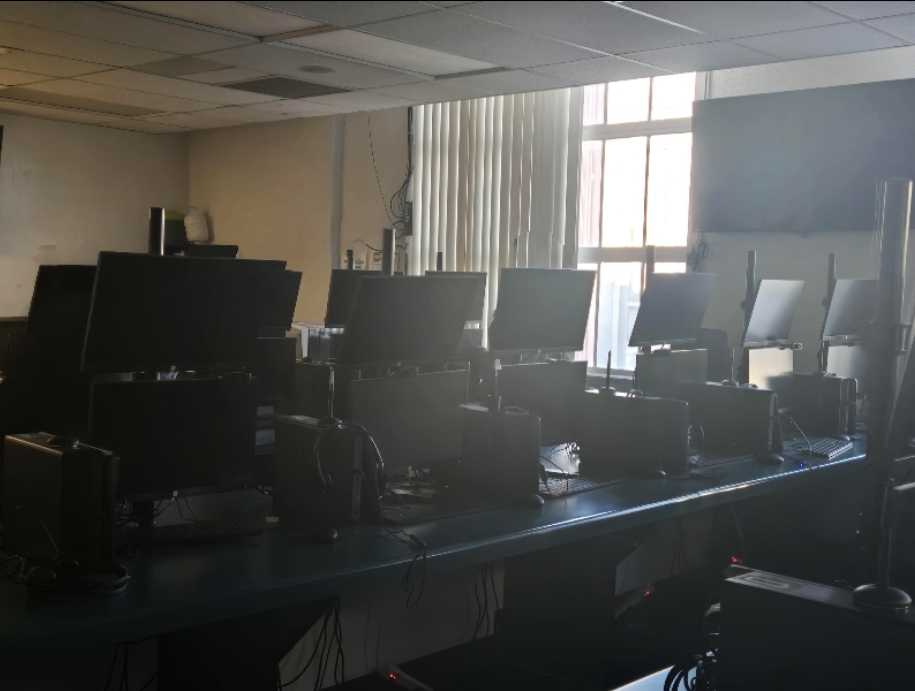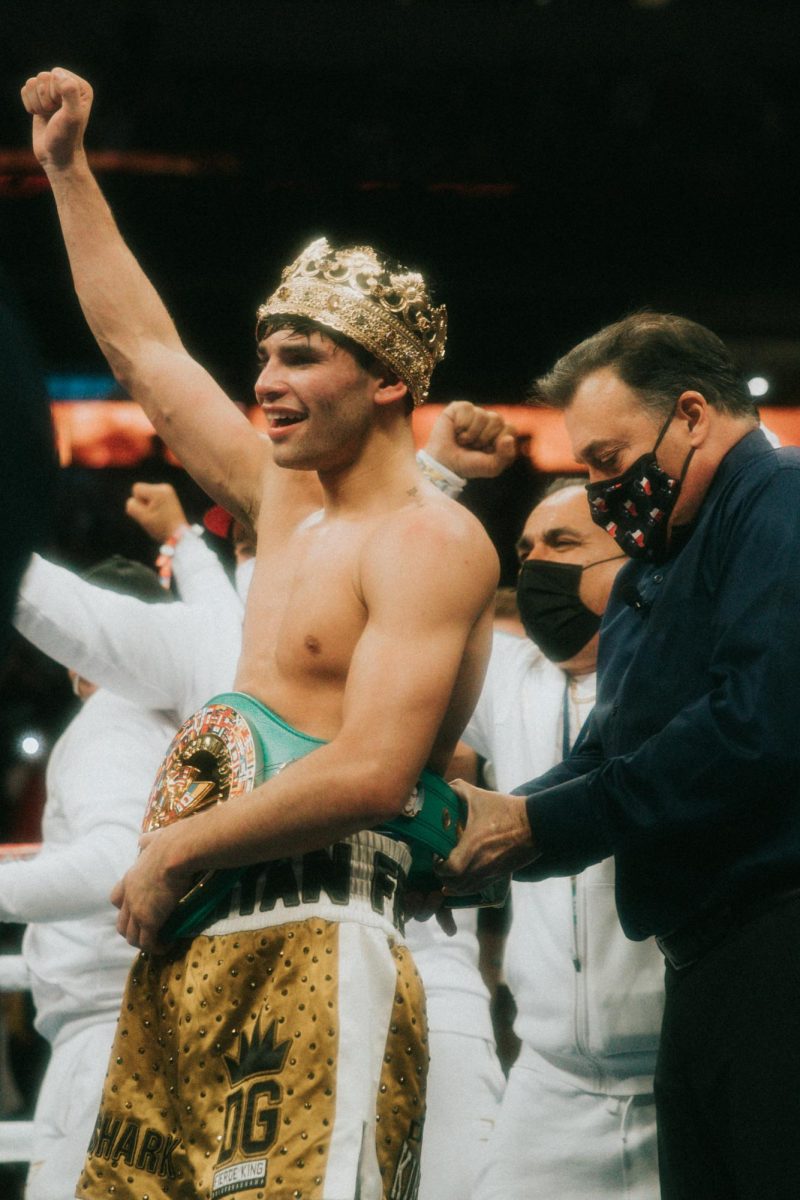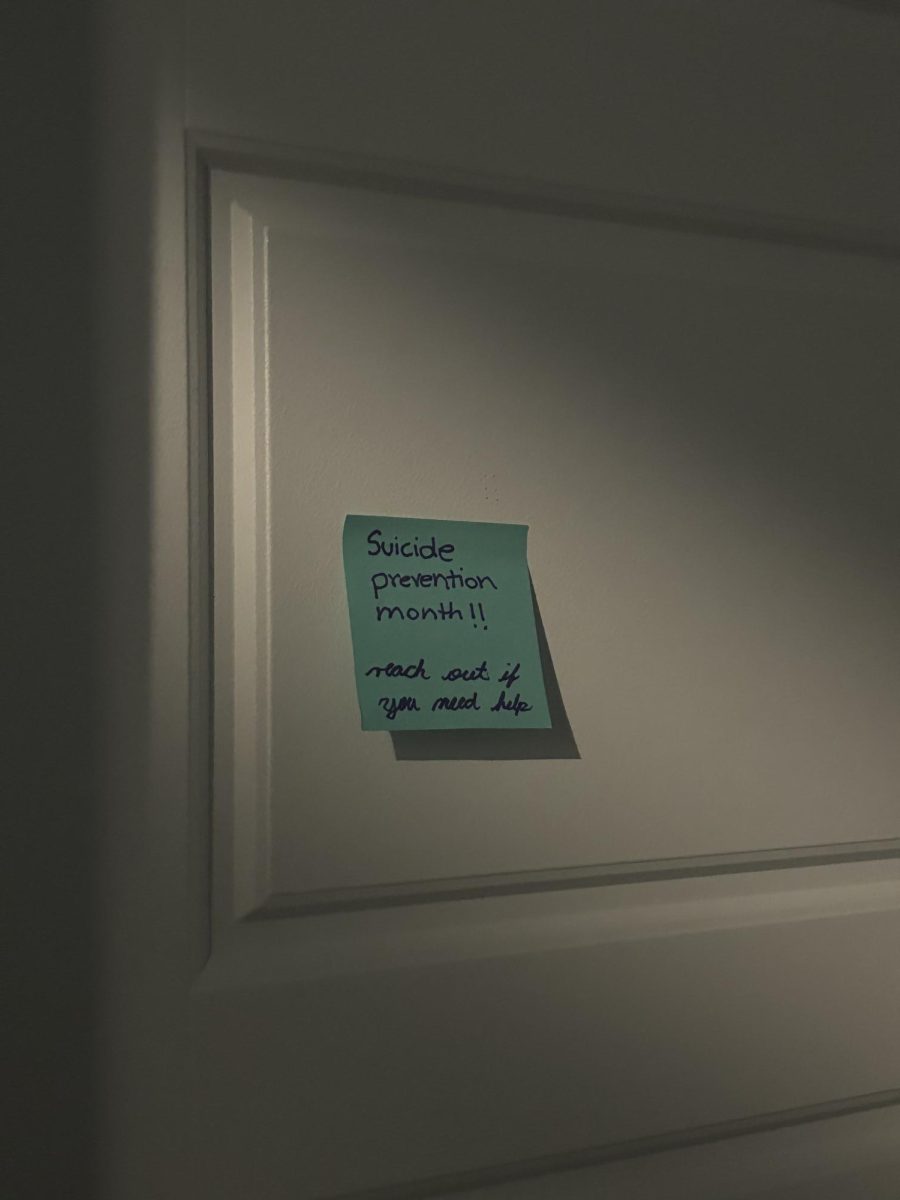The film industry continues to grow as video evolves, creating one of the largest sectors of the entertainment industry. Video production is a vast field with thousands of jobs and career opportunities, all requiring different skill sets. Here are 7 lesser-known jobs in the film industry you may not have considered:
1. Gaffer
If you love to light scenes for film or even photography, you should look into being a gaffer. Gaffers are responsible for lighting scenes to bring them to life, working closely with the director of photography to assemble the correct lighting kits. You also need to have electrical knowledge to be a gaffer, knowing what power supplies and cords you may need as the lead electrician, and what safety precautions need to be taken with the lighting setup (such as holding cords down with gaffer tape). If your skillset prioritizes communication, technical knowledge, set safety, and lighting knowledge, being a gaffer is a viable career path.
2. Location Scout
If you dream big about your productions, imagining grand scenes taking place in empty warehouses, on the sea, or in a medieval castle, you may want to consider being a location scout. As a scout, you work with the scriptwriters and director to find optimal locations for a production. To be a location scout, you’ll need knowledge of the facilities at different production companies and soundstages, as well as a good eye for dramatic and beautiful outdoor locations. You’ll also need knowledge of filming permits and how to secure filming spots. If you love seeing your creative vision come to life in beautiful locations, you should look into being a location scout.
3. Second Unit Director
Do you love directing a cast and crew, but don’t want to be the big name on a production? Second unit directors oversee filming supplementary footage, such as B-roll or scenes the primary director cannot attend. As a director, you need a well-rounded skillset prioritizing creativity and, most importantly, communication and leadership. You lead the entire 2nd unit in capturing supplementary footage. If you love to direct or lead a team to execute a project, 2nd Unit Directing is a great job to grab for any project, small or large.
4. Film Colorist
Film colorists are an integral part of post-production, responsible for color-grading footage to enhance its visual appeal. Using a variety of editing techniques and software, Film Colorists work closely with editors. This role requires advanced technical skills in editing and color-grading software and the ability to adapt to evolving technology. If you love to elevate films to the next level in editing software, being a color-grader is a great career choice!
5. Foley Artist
Sound effects make or break the audience experience in film productions. Whether it’s a bone-chilling snap, beautiful birds chirping, or even calming ambience before the storm, somebody has to create those sounds for the project. Foley artists create these sound effects to enhance the audience’s experience. This role requires you to have sound design knowledge, along with great timing, collaboration skills, and technical knowledge of how to achieve the right ‘sound’. Foley is an art: not everything is literal. Some sound effects require thinking, ‘what does the audience imagine when they experience this?’ Being a Foley artist is perfect for those who love not only to watch their productions, but also to listen to them.
6. Focus Puller
Have you ever wondered how film productions maintain focus, even when zooming out completely on a subject? You can thank the focus puller for that. Focus pullers ensure a crisp image is maintained throughout a shot by adjusting focus during filming. To be a focus puller, you need a good eye for focus, along with collaboration skills, as you’ll be working closely with camera operators. If you love being hands-on with the camera, being a focus puller is a great career to specialize in.
7. Casting Director
If you hate being on or near the camera but love the process of filmmaking and communication, being a casting director may be for you. Casting directors are in charge of casting the perfect actors for the roles in a production. To be a casting director, you’ll need extensive experience in working with actors and their managers, along with great communication skills with other departments, to help unify and bring the director’s vision to life. Being a casting director is an amazing career for those with actor-oriented and managerial expertise.
How to Find the Right Career
To film majors, the vast industry of video production can seem daunting. The best way to find your way to a career you love is to analyze your skill set and think about your strongest step of production. Film majors regularly direct and create short films by themself, rounding their skills out to be a jack of all trades. Alternatively, some film majors love to specialize in one step of production. Both are viable options depending on the career you want to pursue. Next time you think about your future, consider: There may be more career options for you than you think.
























